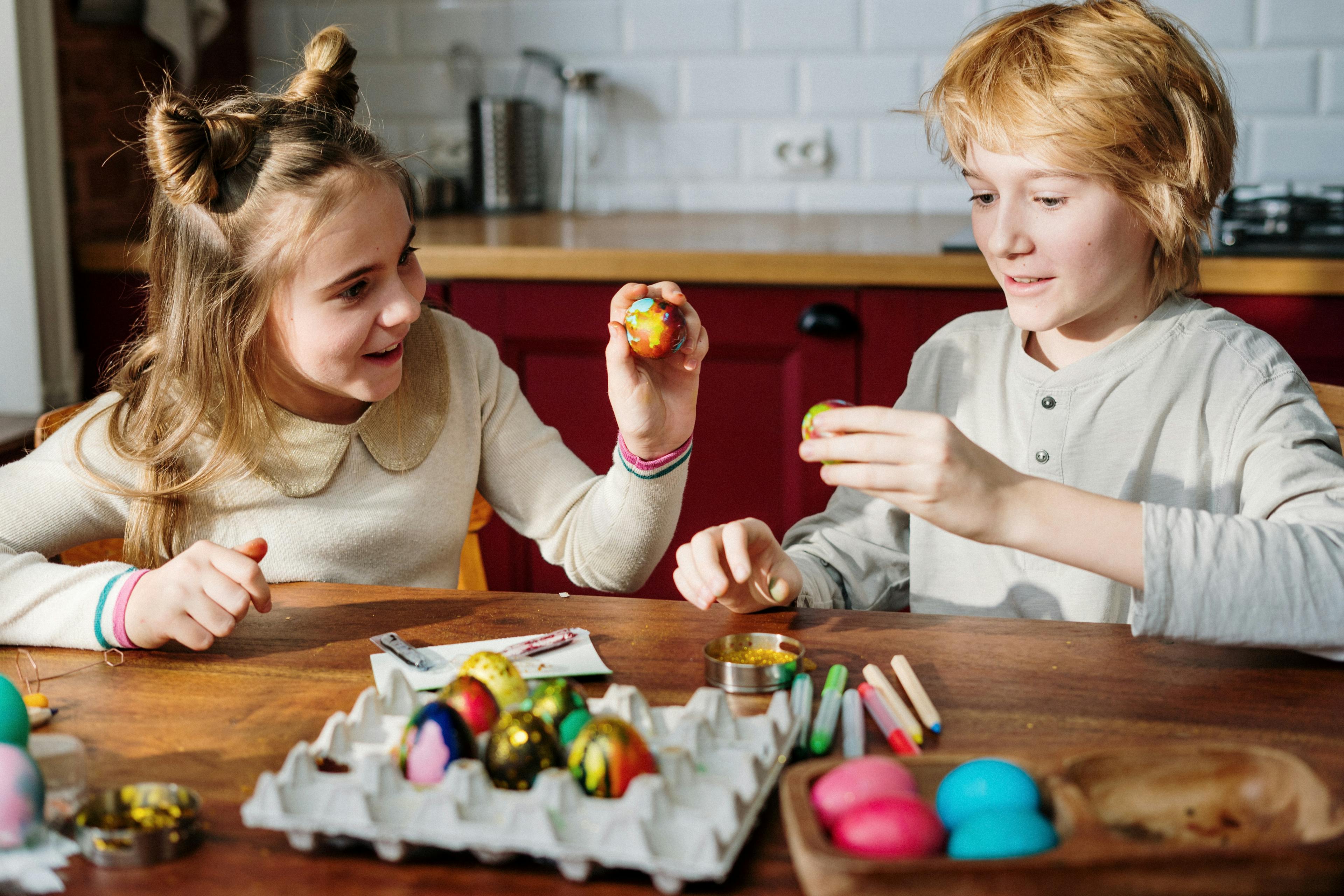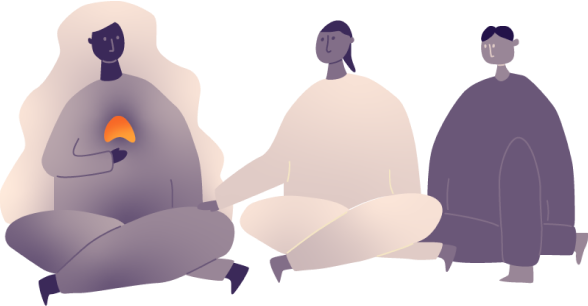Awhi is still in development, we'd love your feedback and suggestions. Let us know.
How can you strengthen bonds between disabled and non-disabled siblings?
We've been asking how to strengthen bonds between siblings. What do you do in your whānau to make sure your tamariki understand each other's needs and differences?
The relationships between our tamariki is lifelong. It can be one of the most important bonds. Here's some advice for kids, parents and caregivers.
Mum, why is my sibling different?
As a sibling you might feel different emotions at different times in your life, like:
- Not understanding your sibling's disability.
- Fear and anxiety.
- Feeling lonely or isolated.
I want some time with mum on my own.
Family life seems to focus on your sibling, you might feel:
- Angry if your sibling gets more attention.
- Embarrassed about your negative feelings.
- You may feel you need to be perfect or achieve more.
- You might feel guilty about your own abilities.
What will happen when I grow up?
You know what kind of support your sibling needs, and you worry how you can continue to do that.
You might feel you have extra responsibilities, have concerns about the future or wonder if your children will have a disability too.
I want to be a good sibling, how can I do that?
All whānau are different but if you experience any of the above worries it's important to be open and honest about how you feel with your parent or carer.
Read up on your sibling's disability and reach out to support groups or talk to someone who also has experience.
Parents and carers - finding out that your child has a disability has a deep impact on the whānau and as a parent you may find it difficult to manage everyone's needs.
Our tamariki may not understand or find it difficult to process what is happening around them.
Let's talk about it. The acceptance of a sibling's disability by a non disabled sibling helps in overall development and self esteem of both kids.
The following will help:
- Listen and discuss issues and feelings.
- Encourage siblings to find out more about their sibling's disability.
At times you'll be busy and get overwhelmed with everything but:
- Keep a limit on the caregiving responsibilities on siblings.
- Work on recognising the concerns of your kids. Make time for each child as well as the whole whānau.
- Allow the kids time to be on their own.
- Let them settle their own differences.
Keep positive and make plans.
- Continue usual whānau activities and encourage everyone to join in.
- Keep schedules as routine as possible.
- Welcome other kids and friends into the home.
- Emphasise the positives.
**Finding out your child has a disability will mean changes for everyone. **Include all the children in family decisions and plans for the future.
Recognise that kids learn from each other.
More info:
- Siblings of children with disability: how to support them
- Growing Up With a Sibling With a Disability
- Five things only siblings of a disabled person would know
Resources
Siblings of children with disability: how to support them
Siblings of children with disability: how...
Key points: You can support siblings of children with disability by...
Key points: You can support...
Growing up with a sibling with a disability
Growing up with a sibling with a disability
Looks at how being a sibling of someone with a disability can...
Looks at how being a...
5 things only siblings of a disabled person would know
5 things only siblings of a disabled...
Having a brother or sister can be amazing and frustrating in equal...
Having a brother or sister...
Awhi Ngā Mātua
This article has been developed by Awhi Ngā Mātua with research support from the IHC library.
Was this resource helpful to you?


The Awhi Ngā Mātua team would like to thank Takai, the IHC Foundation and the Dines Family Charitable Trust for their generous contributions to our work. A huge thank you also to the IHC Programmes team, in particular the IHC Library which has worked so hard to make their remarkable collection available to us.








